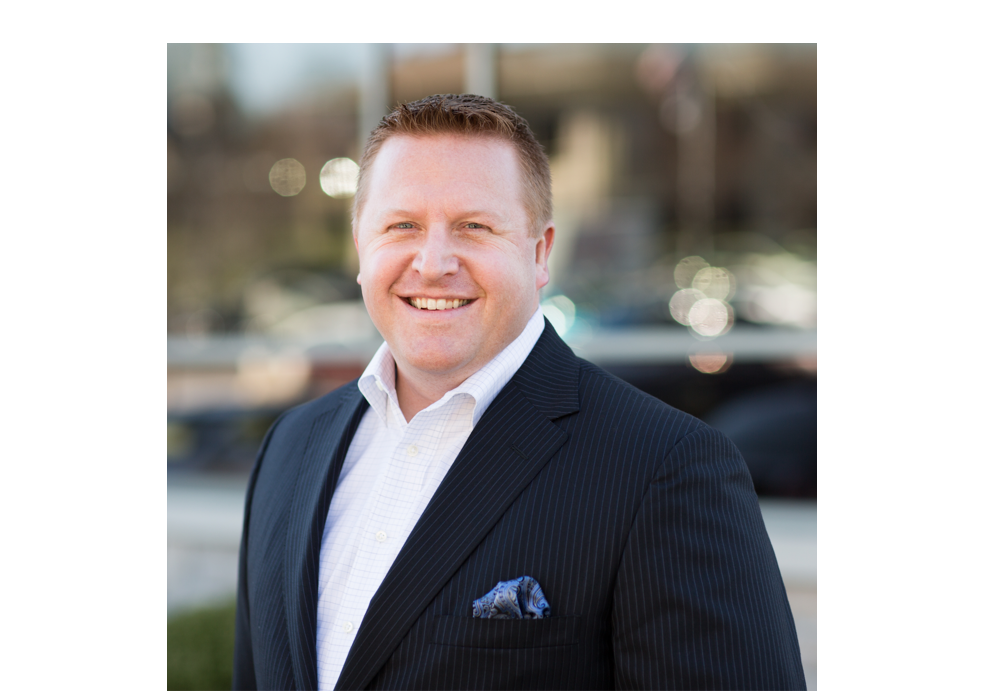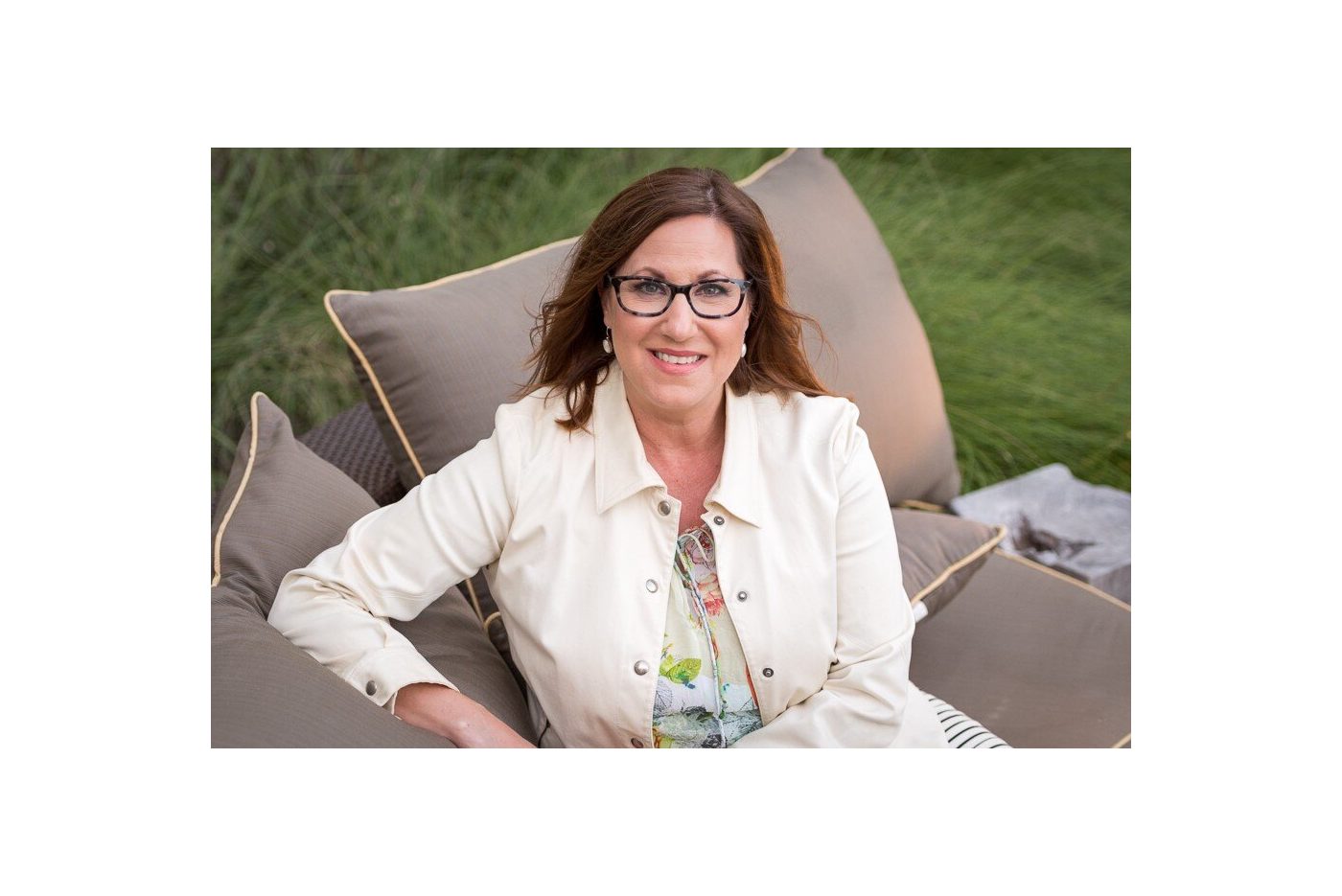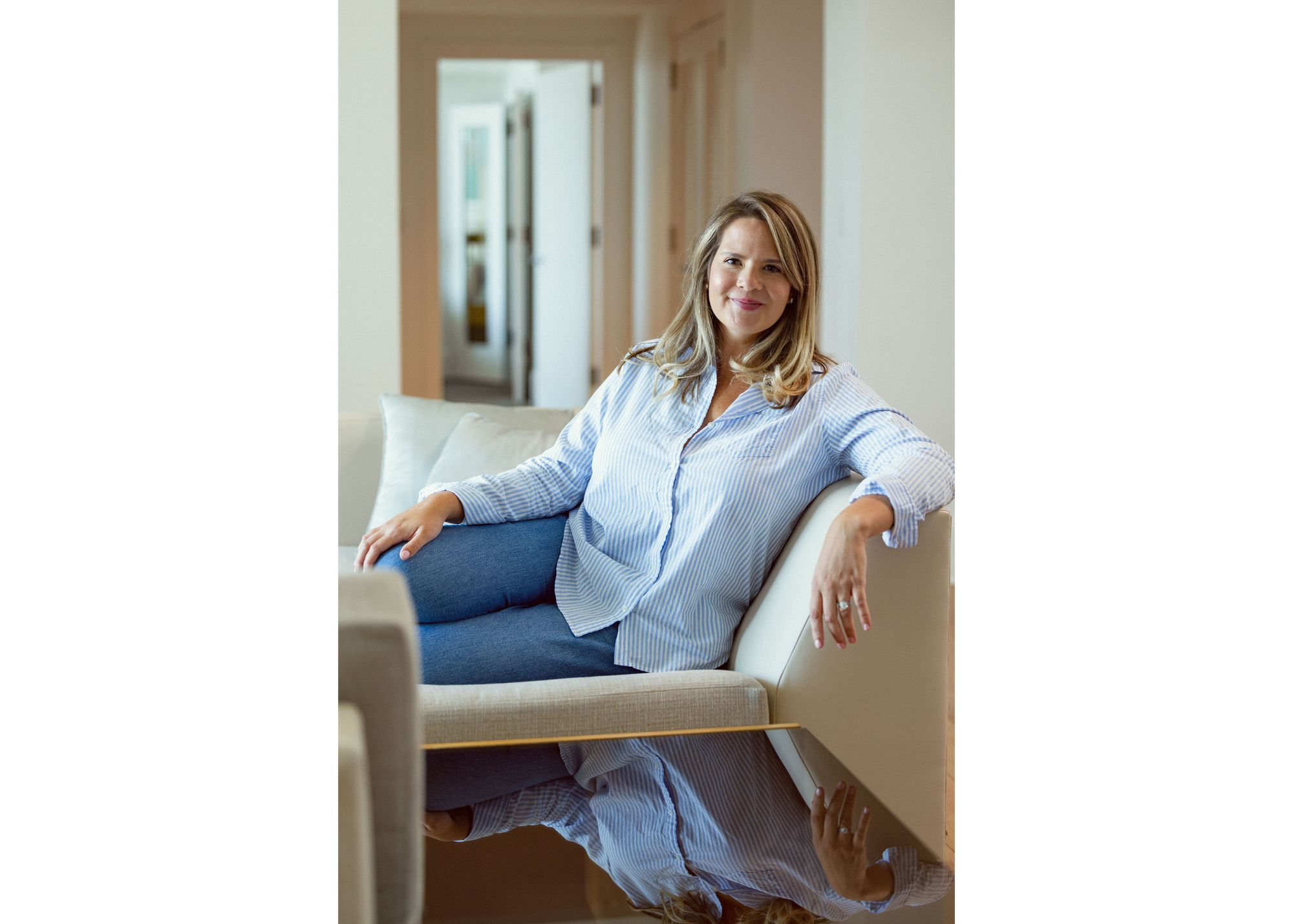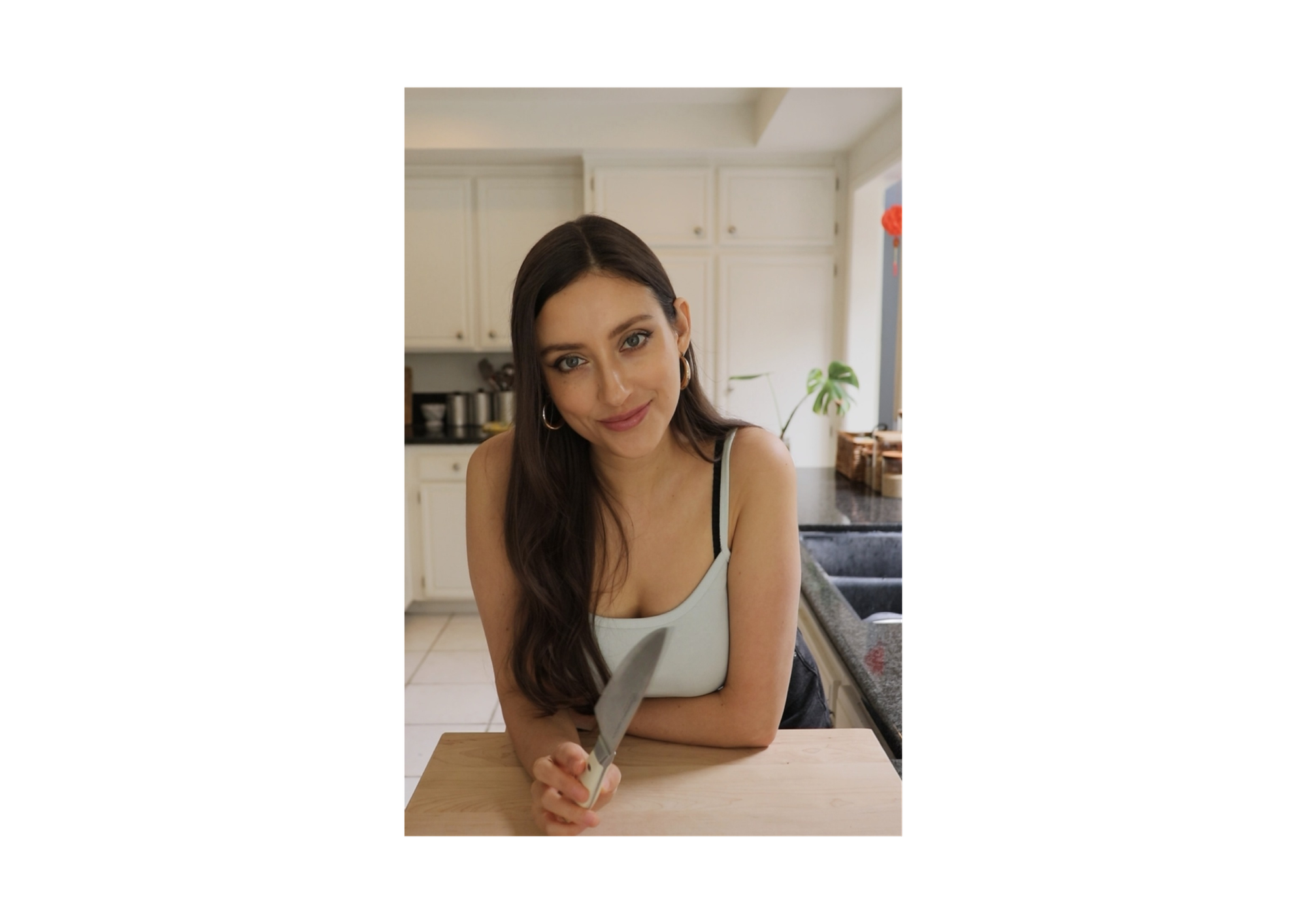Interested in starting your own entrepreneurial journey in finance but unsure what to expect? Then read up on our interview with Adam Koos, Founder of Libertas Wealth Management Group, Inc., located in Columbus, OH, USA.
What's your business, and who are your customers?
Libertas Wealth Management Group is a full-service, consultative, fiduciary financial planning and investment management firm. Our two niches are:
- Corporate Executives with complicated or confusing benefits packages.
- CEOs/Owners looking to sell their companies within the next ten years.
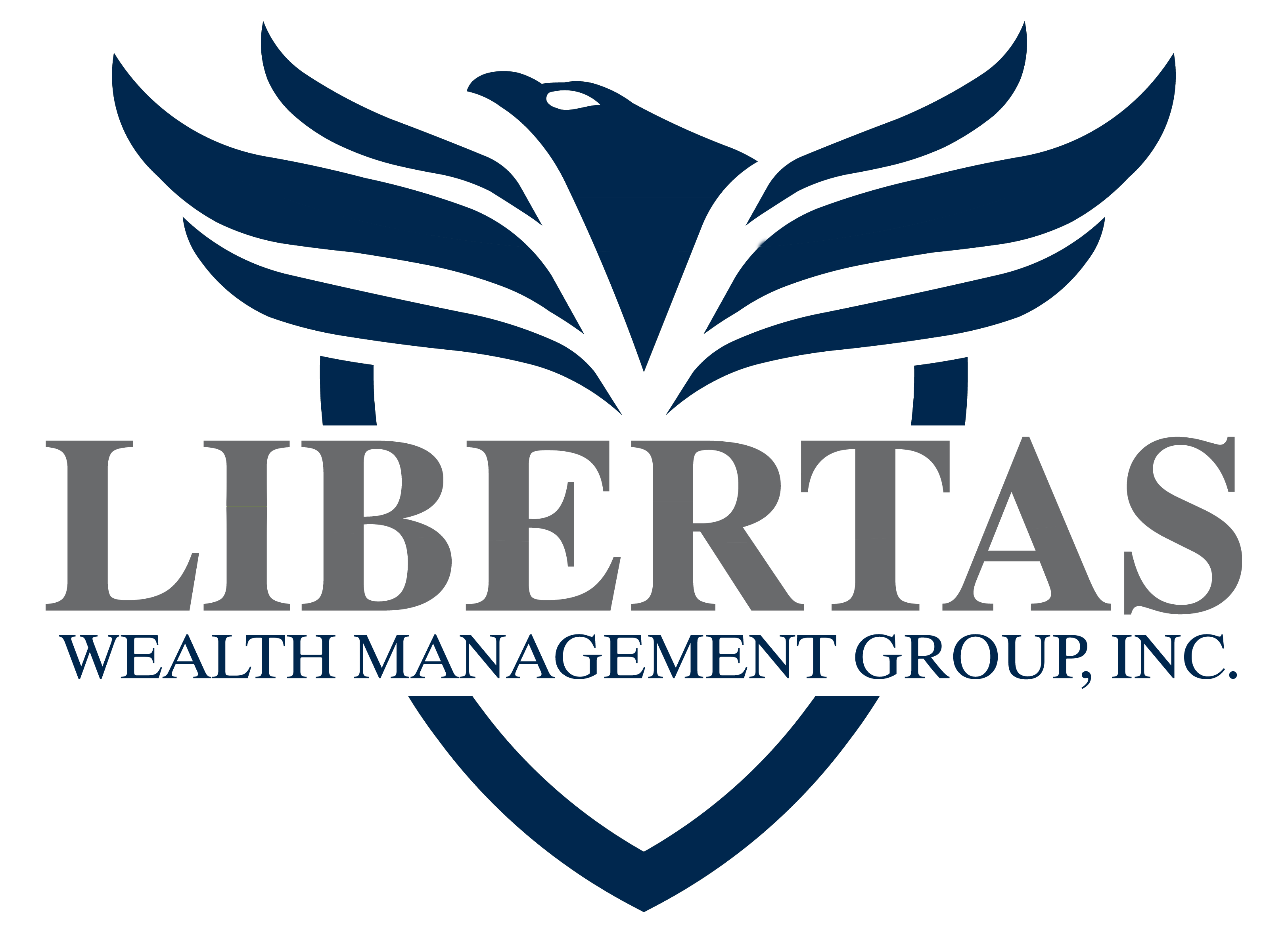
Tell us about yourself
My story starts in a town called Oberlin... a small but very diverse city just west of Cleveland. The public school system there was, at best, "okay," but the people were wonderful, and the culture was thick. In this politically charged world we live in today, I think back to my childhood and recall the toughest part of growing up where I did. While there were several challenges (as there are for most kids & teens), the hardest part for me was growing up as a relatively well-to-do white kid in such a diverse community. Don't get me wrong: I wasn't picked on all that often, and when I was, I knew it was all in good fun. It's just that it was a double-edged sword. On the one hand, I felt bad for having a successful business owner and optometrist for a dad while watching most of my friends struggle. Many of them only had a few outfits, something for school, something for the church, and that was about it. In the meantime, while I never had everything I wanted, I surely always had everything I needed (even as the oldest of four kids).
On the other hand, my biggest fear as I graduated from high school and headed south to college at The Ohio State University was that 17 years of age was as good as my lifestyle was ever going to be. To explain a little further, let me take you back a little bit...When I turned 11 years of age, I started the 6th grade, and I'd either walk or ride my bike home from school most days. It just happened to be that between school and home was my dad's office, so I'd often stop to see him on the way home just to say hi. I'd talk to his staff and witness how much they loved him. Same with his patients - it was so much fun to see them speak so highly of my dad whenever I visited.
Bottom line, I grew up adoring and admiring my dad, and I still do to this day. In addition, while he did an incredible job providing for the family, I wouldn't ever say that we were "rich." Sure, on a relative basis, when compared to my peers, we did really, really well... but we were never super wealthy. Still, we would go to Siesta Key, Florida every year on spring break, stay in my grandparent's home for the week, and essentially get an annual, free trip to the beach, with the exception of the cost to get there and back - and we always, drove - we never flew. It was too expensive. Further, as an optometrist, there were many vendors such as Rooney Optical and Bosch & Lomb companies that would essentially cover the cost of a few days in a pristine hotel (such as the Delta Omni in Toronto, Canada, or the Disney Swan Hotel in Orlando) whenever my dad would attend a professional conference.
We'd get to tag along, and again, a good chunk of the vacation was paid for by these vendors, and the accommodations were nicer than the kinds of places most people had the privilege of visiting. So, when I say that "My biggest fear was that, at 17 years of age, this was as good as my lifestyle was ever going to be," this is what I mean. I imagined getting a job that was monetarily sub-par as compared to my father's career as an optometrist, and it terrified me. We weren't rich - but we had such a great life, such a wonderful upbringing, and so many opportunities. What if I couldn't do the same for my own kids when I started a family someday? I couldn't even bear the thought, and it was the single, biggest thing that drove me from the second I set foot on campus.
For all these reasons and more, I always knew that I was going to attend Ohio State, just like my dad, and become an optometrist, just like him. The thing is, just prior to graduating from high school, I decided to shadow my dad for a day just to see what it was like to work a day in his shoes. By the time we were halfway thru the afternoon, I was already looking at the clock, wondering how much time was left before we could quit and go home. While the career might bring my family a good lifestyle, the job definitely wasn't for me, so I entered my first classes at Ohio State as an undecided pre-medical student with no particular focus - I just knew I wanted to be a doctor, like my dad.
When they say, "Your college years are the best years of your life," I think they're close. They're the best years of your life... at that point in your life. There's nothing like your first taste of independence, not to mention your first taste of failure. Said another way, if you don't make it - that's on you! For me, this chance of failure made me feel alive. I didn't have a great experience with alcohol as a child and teenager. My paternal grandfather drank too much and didn't exactly consume the best diet. He died way too young, at only 54 years of age. My maternal grandfather, who was an alcoholic for a good part of his life, ended up having multiple strokes before taking his own life when I was just 13 years old.
As you can probably imagine, I was a bit fearful of alcohol and its effects, so I didn't touch a drop of beer, wine, or liquor until the tail-end of my college education (more on that later). Instead, my focus was on my classwork, DJ'ing parties on/off campus, and competing in Taekwondo for Ohio State's club sport... something I surprised myself with and a sport that I excelled at. All these things kept me focused on school and classes, but unfortunately, one of the downsides to a sport like Taekwondo is the injuries. Sure, it's a "sport," but let's face it... you're essentially "fighting." Tendons get pulled, muscles get torn, and bones get broken. In short, in three years I was competing at a collegiate level, I had broken a finger, dislocated my left shoulder, I broke my foot, my big toe, and three bones in my face (a crushed lower orbital, snapped my zygomatic arch in half, and cracked the bone in front of my sinus cavity all the way down to my upper mandible).
Through all these injuries, and especially after the facial injury, I fell in love with the emergency room. One particular ER doc talked to me and answered a ton of questions while I was taking up residency that evening, and I was convinced and had found my focus in the medical field... I was going to become a trauma surgeon, and it was perfect! The work was interesting, it was fast-paced, I'd always be doing something different every day, and I'd never, ever get bored. So, as a result of this relationship, I decided to start working at The Wexner Medical Center emergency department from that point on..., and I LOVED it. Keeping all of this in mind, I still loved Taekwondo more than I can explain in words, and again, it all kept me focused on my coursework until the fall of 1999, when everything changed.
After breaking up with my girlfriend of three years, I decided to start dating again. In a moment of arrogant stupidity, I was showing off, doing the splits on two chairs in front of a new prospective date at the gym one day, and I proceeded to tear my hamstring halfway off the bone at the insertion point of my pelvis... and I learned the hard way, while muscle tears heal to a certain extent, tendons and ligaments do not. Why was this important? Remember, Taekwondo was one of the things that kept me focused on school, and this was the start of my senior year, and I'd done well enough at nationals the prior year to where I had a goal of placing 1st or 2nd in the hope of getting an invitation to the Pan-Am games (which were the Olympic Trials for the U.S. Taekwondo Team).
Now... to be clear, I was never going to make the Olympic team - not even as an alternate. Nevertheless, it was a goal I had, and I've always been extremely goal-oriented and an extremist to boot. In other words, I'm either on... or off. There really isn't a dimmer switch in between. So when I experienced that terrible injury, what I didn't know at the time was that it was going to be career-ending for me when it came to my passion for the sport of Taekwondo. Even after 14 weeks of physical therapy with the then-Columbus Landsharks professional lacrosse team's personal trainer and several cortisone shots later... my first day back on the mat didn't last 15 minutes before I fell to the mat during some simple sprints, and I knew it was really, truly over.
I left the room in tears, headed to the locker room, and took off my uniform for the last time. After this, everything fell apart. Even after all the time and effort put into advanced calculus, chemistry, biochemistry, biology, and other pre-med required courses, I was "done." It was like a switch went off when I couldn't compete anymore. I had zero interest in fishing up my senior year, taking the MCATs, or moving on to grad school. There was no question in my mind. Again, I was DONE.
That part - that decision? It was the easy part. I felt relieved, to be honest. It was liberating to stop putting so much pressure on myself... but then the time came to communicate this news to my parents, and I wasn't looking forward to it.
So one day, I'm walking down Neil Avenue on Ohio State's campus, trying to mull over what I"m going to say when my parents pick up the phone, and I just dial the number and make the call. As a caveat, this was my first cell phone, so it wasn't even a flip phone. It was one of those long, rectangular wafer-looking things. Hilarious... how times have changed, but I digress. I make the call, and my dad picks up. I tell him that I've made the decision to drop out of the pre-med program, despite all the science courses I'd taken, not to mention the three years I'd spent working in The Ohio State University Medical Center's trauma room. He responds, asking me what I'm going to do instead.
I reply, "I don't know... I've learned that I'm pretty good with people, and while I love medicine, I don't think pharmaceutical sales or medical equipment sales would be good for me because I'd just be talking to the doctors that I always wanted to be. Same with nursing. I feel like the whole doctor thing would constantly be in my face, so I don't think I could do it. I've also thought about maybe something in software sales because I love computers and technology. Not to mention, I've built my own computer from scratch twice because I couldn't afford to buy a pre-built one." He responds, "What do you think about being a financial advisor?"
Me: "Uhhh... dad, I took one Econ class - Econ 200 - and I don't even know what that ticker tape means at the bottom of the screen on CNBC." Dad: "Yeah, but you have that virtual stock exchange account. You're good with people and good at explaining things. It would be like doing surgery, but not medical surgery. It would be like diagnosing financial problems and performing surgery to fix them... like being a financial surgeon." I took the bait because he was making a lot of sense. It should also go without saying that he wasn't angry at me - and let's face it, THAT was my biggest fear on this phone call, anyway! So, rather than argue about his suggestion, I thought I'd take him up on the offer he gave me - to meet his financial advisor up in the Cleveland area, which is exactly what I did.
The problem was, after hearing this guy out, I still wasn't so sure about switching gears and completely abandoning all the pre-med courses I'd taken to turn around and attempt financial advisory work as a career. I had also heard about the issues with ethical problems in the financial industry, commissions, conflicts of interest, and people being taken advantage of... and this scared me. Still, I agreed to attend a seminar at what was once the Crowne Plaza Hotel off Busch Blvd in North Columbus, and I struggled through most of the presentation... right up until they told me that I could have my own office, wouldn't have a boss or manager peering over my shoulder, and that I'd have a certain amount of liberty to work with and advise my clients in the way I felt best (at least, to a certain extent). So I thought, "What's the worst that could happen? I could fail and then do something else if it doesn't work out... that's it. No big deal."
I called my dad's financial advisor and told him that I was interested. This started an extremely long process of interviews, starting with a 45-minute personality test, followed by a phone interview, then a face-to-face interview, and in the end, this national brokerage firm hired me before I had even graduated. It was pretty exciting and scary, all at the same time. I took the required securities examinations and passed them with flying colors. I ended up being a 22-year-old with a Series 7, Series 63, and Life/Health/Long-term Care license, and everyone told me that I was so lucky to be starting so young (since the average advisor started at 42 years of age back in those days). They also said that it was a great time to start because the market had been going down for about a year, so they said things like, "Every client who hires you, you're going to be a hero to them... because the money you invest for them is just going to go up!"
They were wrong. I started my career ten days before the World Trade Center attack, and instead of being a hero, I was essentially a "kid," trying to convince people 3-4 times my age to invest their life savings with me in the middle of a stock market crash that lasted (what felt like) forever. It was NOT easy, to say the very least. I stick with it, though. There were tough, TOUGH days... like the day I was going door-to-door on a residential street in the middle of January in Grandview Heights. It was probably 20 degrees, windy, and no one was answering their doors. Finally, after two blocks of walking without any luck, a poor old lady answered the door, and I put my foot on the screen door so that she couldn't close it.
"Hi, I'm Adam Koós, and I'm opening a financial advisory office around the corner from you. I was hoping that if I ever came up with a good investment idea or financial planning concept that might be interesting to you, it might be okay to give you a call and tell you about it. Does that sound okay?!" She tried to close the door, but again, my foot was in the way and prevented her from doing so (yeah... I was desperate!). So she says, "Yes," and I proceed to get my pen and pad of paper out to write down her contact information. The problem was... the pen wouldn't write. The ink was frozen. I tried warming it up in my hands, using my breath. Nothing worked. I gave up... I thanked her for her time, let her close the screen door, and proceeded to walk back to my car.
It was so cold and so windy that by the time I got back to where I'd parked my car, I could barely move my mouth to speak. I called my then-girlfriend (now wife) in a fury of profanity, explaining to her how much I hated this job, that I wanted to quit, and that it was ridiculous trying to get clients to trust me when I was out in the snow, asking for phone numbers and permission to follow-up. She reminded me of something one of my mentors said and replied, "You always say that when you're having a bad day, just give up, come home, relax, eat, watch a movie, relax, get some good sleep, and start over fresh, recharged, and ready for the next day."
...and that's what I did for the next couple of years. I went door-to-door, house-to-house, business-to-business, attended chamber events, presented at seminars, learned a loved speaking and writing, and started authoring my own articles, and while it was a tough grind, things started to work out. Said another way - and in the words of Gary Player, "The harder I worked, the luckier I got."
The only issue I had was (again) with all the conflicts of interest that reside in the financial industry. Commissions are the single, biggest problem, and I felt like - even though I'd cut my own teeth in this commission-driven world, I knew I needed to get out of it as soon as humanly possible, which is why I started my own, independent financial advisory firm in 2004, at the ripe age of 25. Looking back, it seems crazy now... to go out on your own and take that leap to start a business, especially that young?! As the former co-founder of LinkedIn (Reid Hoffman) once said, "Starting a company is like throwing yourself off the cliff and assembling an airplane on the way down.” I couldn't have said it better! 2005 - Present has been a glorious rollercoaster of success, mistakes, failure, and lessons.
I've grown a company from zero to over $1 million in annual revenue, but it hasn't been a smooth ride. In fact, on our fridge at the office, I printed off a big quote (years ago) that reads, "There are no mistakes... only lessons," and this couldn't be more accurate. You learn, you fail, and ideally, you fail FAST and move on.., but you always learn. I believe it was Jay-Z who said, "I've never learned anything from success." Failure tends to be the best teacher as long as you have resilience by your side. When I think of the ride I've been on since starting my company more than 18 years ago at this juncture, my mind moves naturally to the struggles before anything else. The single most difficult thing to do in this business is to meet, attract, and acquire new clients. It's also the biggest reason most financial advisors fail within their first year of attempting to start a career in the field. This was an incredibly difficult task at the beginning (and it was tough for me, too), but once I got to year four, I felt like I was in a rhythm and had it figured out. You just had to be fearless - you can't care if someone says "no," and you have to re-program your brain into realizing that, when someone rejects you, it's not good for EITHER of you.
Furthermore, you need to learn (as quickly as you can) that starting a business and acquiring clients (or customers) is a numbers game - it's like baseball, actually - except YOU get to pick how many times you go up to bat. If you don't go up to bat, you will never have a chance of hitting the ball out of the park. But if you just keep swinging, you have no choice but to succeed, even if your batting average is terrible! This goes back to the word "resilience." So, meeting new people and growing the company with new clients... wasn't easy, but I enjoyed it (and still do to this day).
As for what motivates me each day - that's easy... I absolutely love what I do each and every day. From the people who've hired us (our clients) to our staff and the complex problems, we take so much pride in solving. I always say, "I haven't worked in 21 years!"
What's your biggest accomplishment as a business owner?
Ooh - this is a tough one. I'd have to say either:
- Building a successful business from scratch... with no clients, no money, and no network in a relatively new city, asking people 3x my age to trust me with their life savings, all in the middle of the longest stock market crash in history? I sometimes feel like that was THE biggest accomplishment, but the other one would be
- We're still the only financial advisory firm in central Ohio to ever win the Better Business Bureau "Torch Award" for ethics and trust. And given how passionate I am about ethics (hence, being a fiduciary firm), that honor means the world to me.
What's one of the hardest things that comes with being a business owner?
The toughest part of running a business for me? ...hiring staff. Hiring is - for me - the most difficult thing to do. Great co-workers are extremely difficult to find, and even when you think you've found them, you just don't. Know how things will change when they start working with you, how the rest of your staff will get along with them, or what the future holds 1, 3, or 5 years down the road. You just do your very best to be "slow to hire and quick to fire." That's all you can do (and again, learn from your mistakes!).
I had a rough patch of hiring between 2014 - 2017, and it cost me a lot of money, clients, and revenue. At the end of the day, I blame myself for not doing a better job of making the correct decisions as the owner of my own business. Granted, it's easy to play "Monday morning quarterback," and the past is always perfect with hindsight at our disposal, but I learned from those mistakes and have implemented those lessons into practice since then - and things have been SO much better since. I think the trick to hiring and retaining good staff is twofold:
- Get help and hire outside consultants because your own brain trash can get in the way of hiring the right person, and that same brain trash can also cause you to hire the wrong person!
- Have a plan of action for what things would look like when they were NOT working out. This way, you already know, in advance, when it's time to cut bait and have that tough discussion to part ways with any member of your team that isn't paddling in the same direction.
What are the top tips you'd give to anyone looking to start, run and grow a business today?
- Whatever business you want to run, be sure you love what you're offering the customer. Otherwise, it'll be extremely difficult to grow it successfully. Said another way, if you do what you love, it's easy to work hard, fail fast, and continuously be resilient in the face of adversity.
- Work harder than everyone else. Chase yourself - the person you want to be in 5 years - and again, fail fast and move on. A big part of growing a successful business is understanding that you don't have to be the best marketer or salesperson in the world - you just have to work harder than everyone else. Marketing and growth are like baseball, but instead of only getting a chance to hit the ball maybe 3-4 times per game, you get to choose how many times you get up to the plate. Even if you're terrible at selling yourself or your craft, if you step up to the plate more than everyone else, you'll have a much better chance of success than the person who slacks off.
- As difficult as it is, be sure to make your personal goals as important as your business goals. At 21+ years into my career, I still struggle with the whole "work/life balance" thing. It's hard! But if you schedule personal time with your spouse or partner, your children, your friends, and, of course, "me time," you'll be much healthier mentally than most people. And keeping your head right is so, so crucial in entrepreneurship.
Where can people find you and your business?
Website: https://www.libertaswealth.com/
Facebook: https://www.facebook.com/LibertasWealth
Instagram: https://www.instagram.com/financialsurgeon/
Twitter: https://twitter.com/AdamKoos
LinkedIn: https://www.linkedin.com/in/adamkoos/
If you like what you've read here and have your own story as a solo or small business entrepreneur that you'd like to share, then please answer these interview questions. We'd love to feature your journey on these pages.
Turn your craft into recurring revenue with Subkit. Start your subscription offering in minutes and supercharge it with growth levers. Get early access here.
